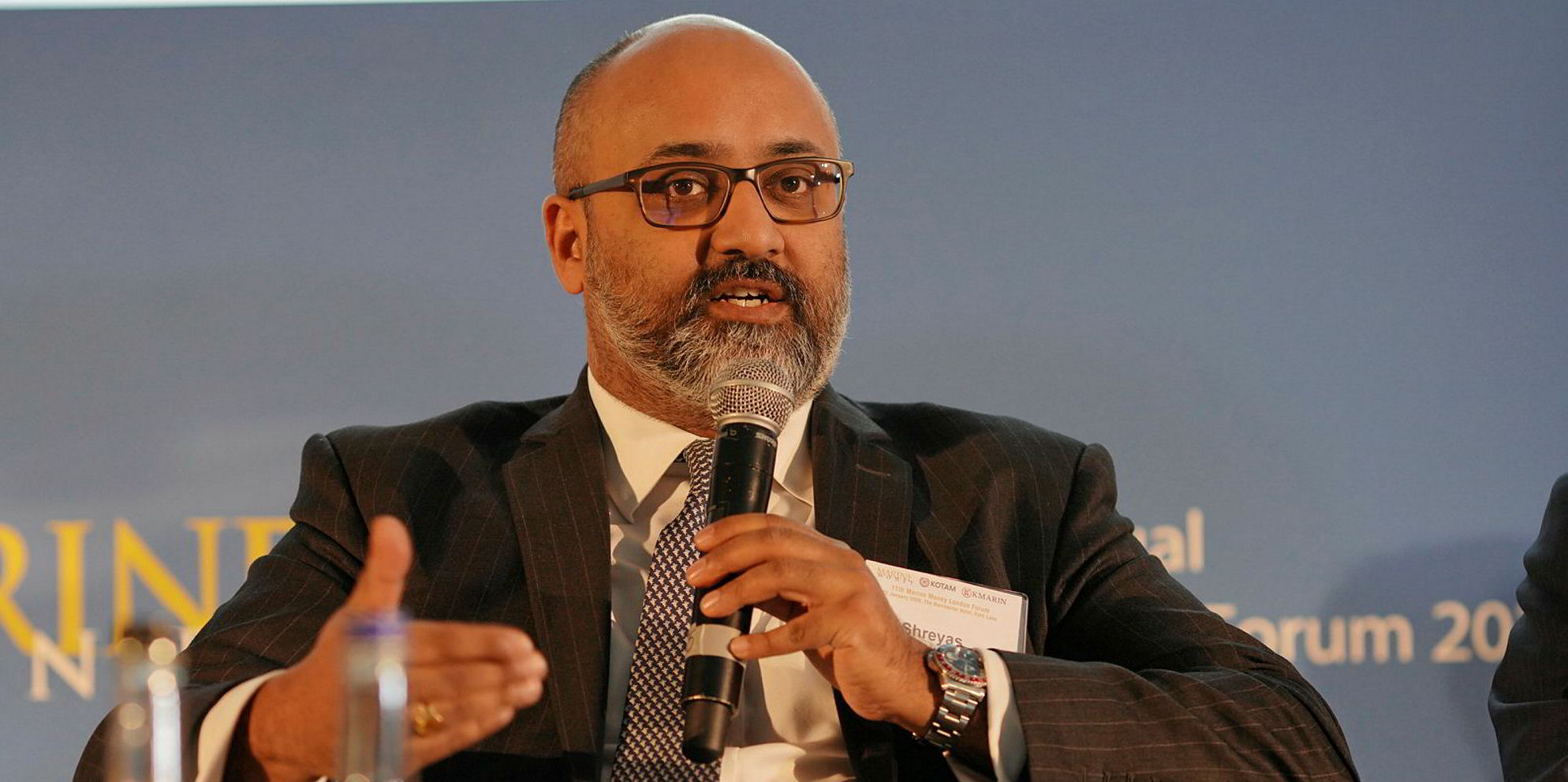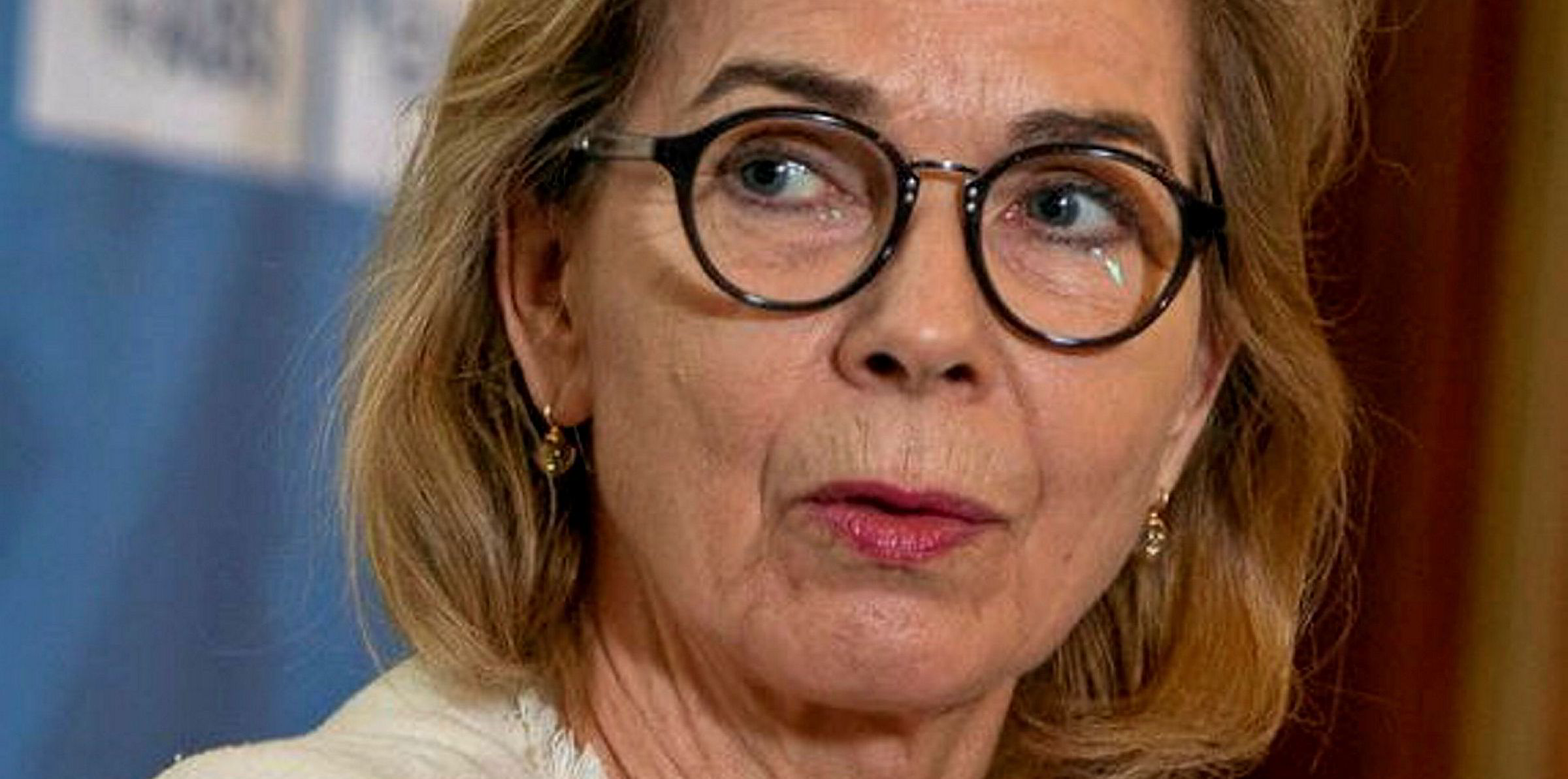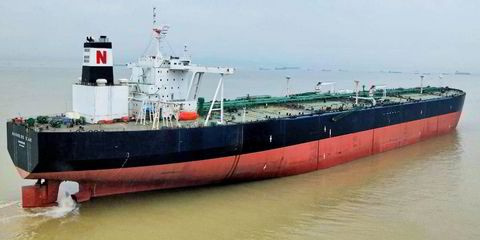The coronavirus crisis has placed pressure on non dollar-denominated banks to secure their existing loan books in a climate of rising funding costs, a top US-based banker said on Monday.
Evan Uhlick, head of ocean industries in North America for Norwegian bank DNB, said the crisis has ramped up a sense of urgency for his bank in remarks to Capital Link’s international shipping forum being held online.
The annual event was originally slated for its usual physical venue in the New York Metropolitan Club but was moved into the digital realm as a result of the coronavirus.
'Costs have shot up'
“We’re in a big rush to close out our existing pipeline – funding costs for the international banking community have really shot up,” Uhlick said on an online panel of traditional lenders and leasing specialists.
The cause is weakness in the wholesale funding markets that supply the non-dollar banks, a scenario that places DNB in a different position from US-based CIT and Citigroup – the other two banks on the panel.
“We’ve seen a real spike in funding costs, which in some cases have shot up to double-digit proportions,” Uhlick said. “The incremental cost has to be passed through [to clients] at some point in the funding cycle. Fortunately, we haven’t had to go to market yet and pay up.”
In the longer term, it is not just pricing that comes into question but the very availability of funding, he said.
“The question is not will the pricing go up, but what will the source of capital be,” he said.
“It’s another shock to sources of capital. Pricing will go up but it will have a broader impact on total liquidity for the space.”
DNB also has seen syndicate partners “pulling out of transactions", Uhlick said. "As you folks know, time kills deals.”
As for new business, Uhlick added that most players are “taking a pause” to consider the impact of the virus outbreak: “Anything not nailed down needs to be reconsidered.”
Citigroup’s global head of shipping, Shreyas Chipalkatty, said his bank has been watching the rush for liquidity as the first stage of reaction to the crisis.
“The initial rush was to get as much liquidity as possible before others joined the queue,” Chipalkatty said.
“We’ve seen this with the airlines, the cruise companies and then the energy companies. It has focused banks’ attention on generating liquidity for their clients.
“It’s extremely important for us that our base of clients feels our impact [on liquidity] around the world.”
Somewhat ominously, Chipalkatty added that he does not see the economic damage from the pandemic as something that merely plays out over the next quarter.
“This will be with us longer than anticipated – maybe a year or a year-and-a-half – we need to prepare for the long haul with this.”
However, four of the five financiers on the panel said they have not yet experienced clients asking for loan waivers at this stage of the crisis.
“I don’t think anyone in traditional shipping has experienced distress just yet,” Chipalkatty said.
Only Bill Guo, executive director for shipping for China’s ICBC Financial Leasing, said his firm has fielded some requests for waivers, “but we haven’t been in deep discussions just yet".
But Guo also referenced talk that the Chinese government may be ready to respond to the crisis with a $20trn stimulus package — roughly 10 times what was spent after the world financial crisis of 2008.
“If China takes those actions, it could save tankers and dry bulk,” he said.








